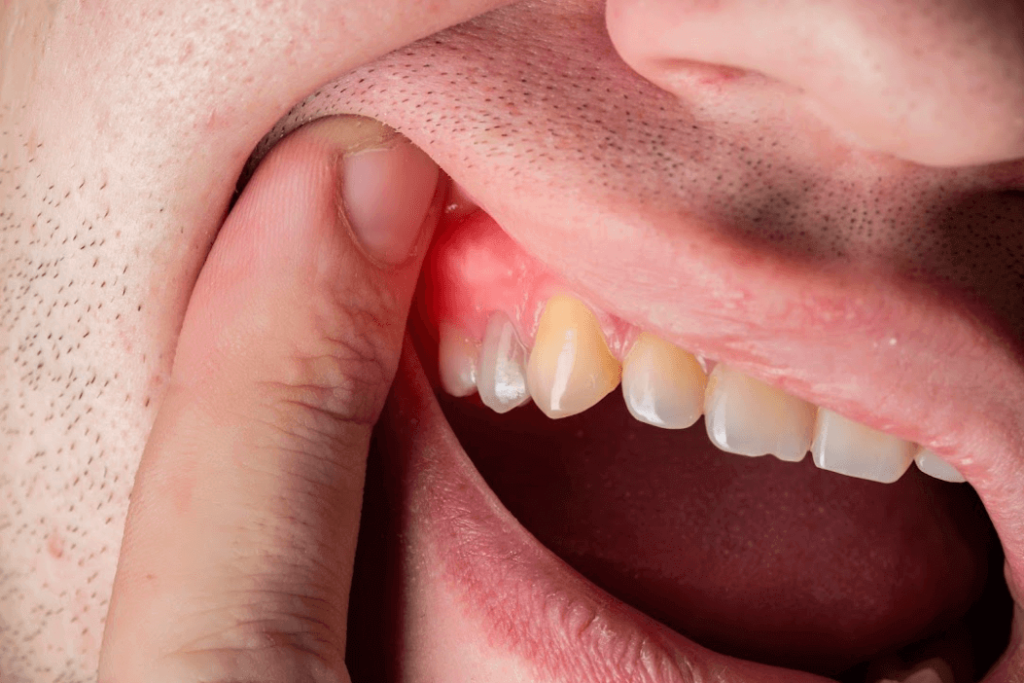Gum Disease –Causes, Symptoms, Treatment

Gum disease is also called periodontal disease. Gum disease is caused by infection and inflammation. Moreover, if you leave the bacterial infection untreated, you can even lose your tooth. It is essential that you get your dental problem checked on time and do not delay for long.
Delaying the treatment can pose significant risks to your oral health. Woodbridge, which is a thriving community, is not immune to gum diseases either. Thus, it is essential to know the causes, symptoms, and treatment options. A general dentistry dentist appointment can get you the proper treatment for your teeth.
Causes of gum disease:
- Improper oral hygiene habits: not brushing your teeth on a daily basis and inadequate flossing can contribute significantly to the accumulation of plaque on your gum line. It will increase the bacterial growth in your gums and eventually will cause gum disease.
- Smoking and chewing tobacco: people who smoke and have tobacco are at high risk of developing gum disease. It happens because tobacco weakens a person’s immune system and allows bacteria to infect more rapidly.
- Diabetes can cause gum disease, too: people who have diabetes are at significant risk of getting gum disease. Diabetic patients have impaired blood sugar level that can put oral health at risk and makes the gum tissues weak.
- Changes in hormones: women in their pregnancy or when they reach menopause can get gum disease. It is due to the fluctuations in their hormones, making their gums more susceptible to inflammation.
Symptoms of gum disease:
- Swollen gums: if you experience inflamed gums or discomfort in your gums, it may be a sign of gum disease.
- Bleeding during brushing: if you see your gym bleeding during brushing or flossing, it can be a sign of gum disease. Do not ignore such signs and seek dental help.
- Chronic bad breath: If you are struggling with persistent bad breath, it can be because of a bacterial infection. Even if you brush your teeth daily and still have bad breath, you should seek dental help.
Treatment of gum disease:
- Dental cleanings: getting routine dental checkups can help keep your teeth clean. It can also help in removing the tartar or plaque buildup that significantly contributes to gum disease.
- Scaling procedure for deep cleaning: Those who have a lot of buildup may need scaling, which is a procedure that helps remove bacteria. It is done in cases of advanced gum diseases.
- Antibiotics: people are given antibiotics to remove bacterial infections. Antibiotics are helpful in reducing gum inflammation as well.
Do not ignore the early signs!
Instead of ignoring the possible symptoms, take prompt action by seeking dental help. Dentists can help you maintain healthy gums and save your oral health from deterioration.






